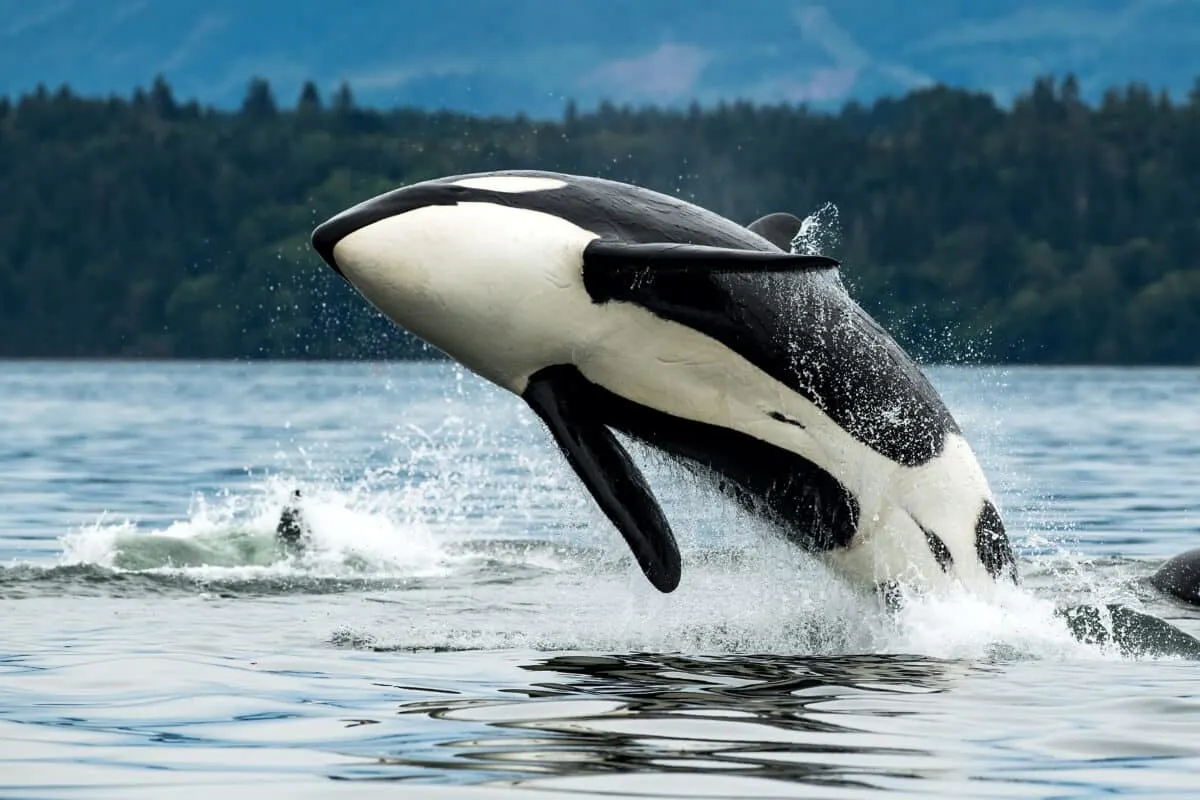South Africa, is witnessing a surprising shift in marine dominance. This article delves into how and why orcas are gradually replacing and dominating great white sharks in False Bay.
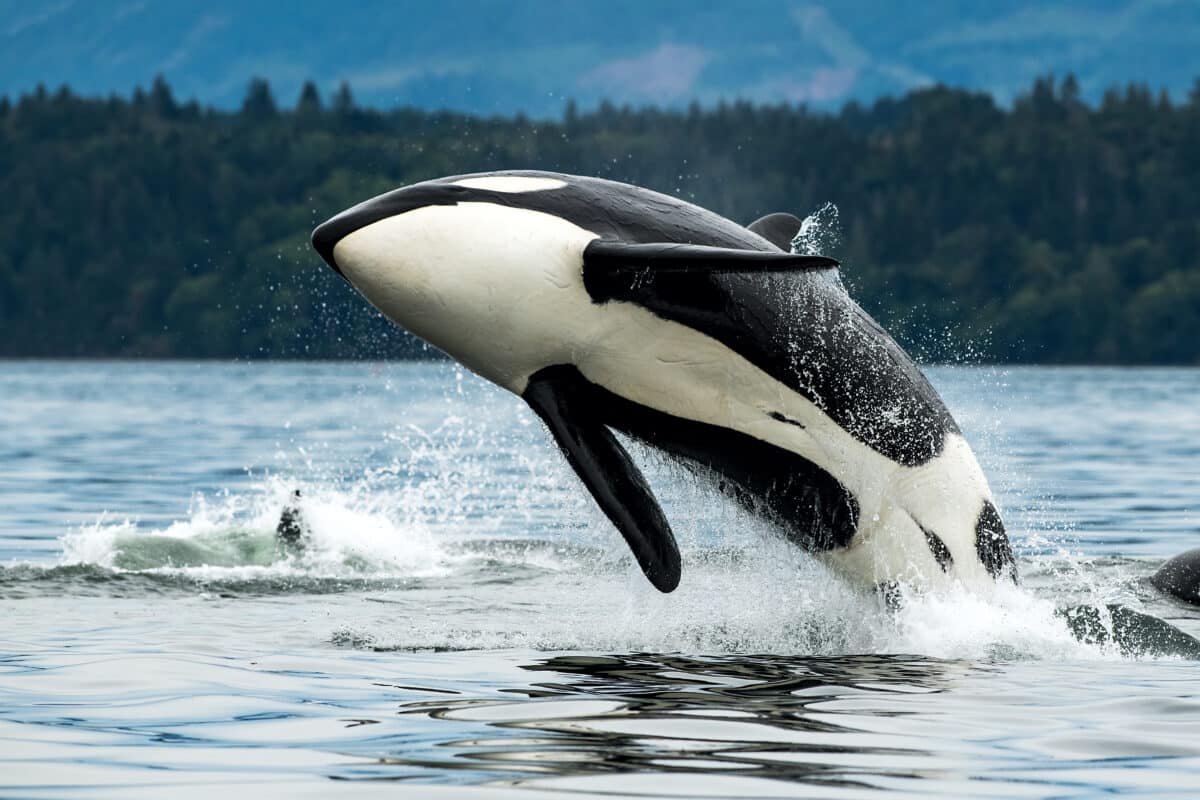
The Rising Reign of Orcas in False Bay, South Africa
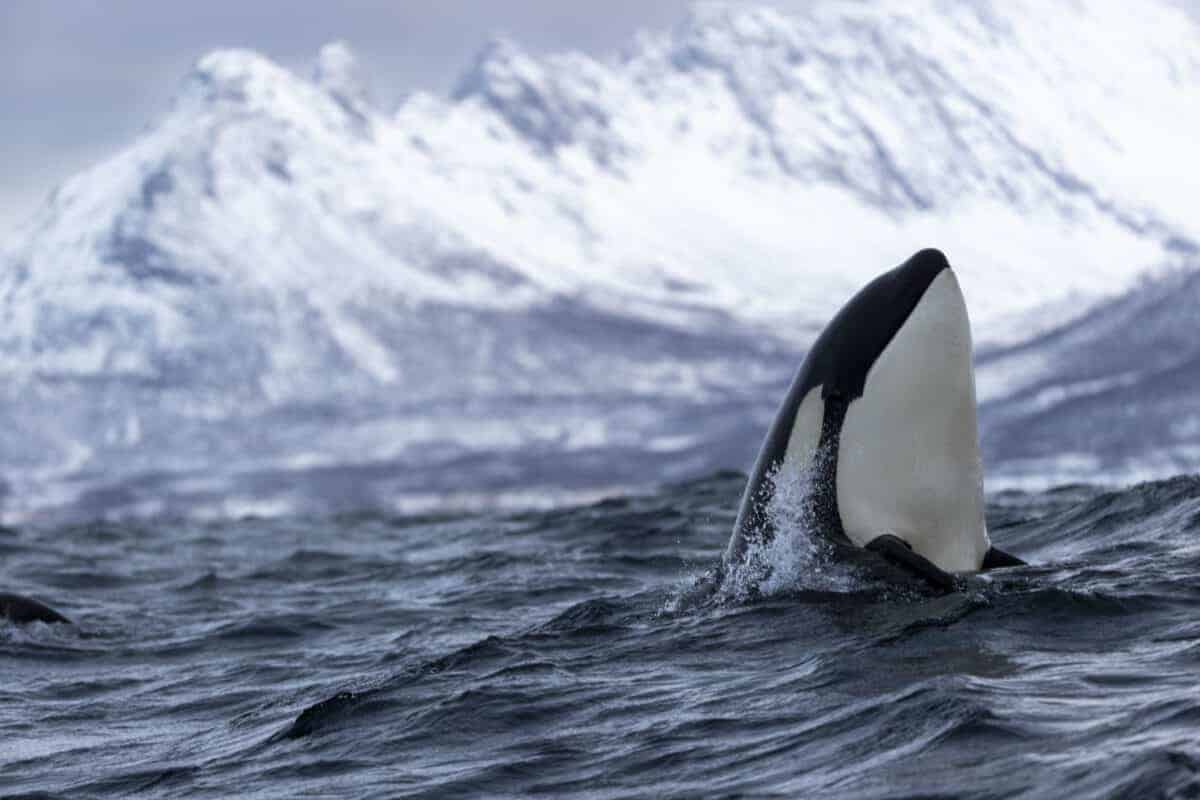
Unfolding a fascinating narrative, False Bay in South Africa is witnessing a unique phenomenon as orcas, or killer whales, gradually commandeer the waters, impacting the existing marine life ecosystem. With the gradual disappearance of great white sharks from this famous Bay, the presence of these powerful black and white predators is reshaping the marine landscape.
The Unexpected Arrival of the Orcas
Until recently, False Bay was globally renowned for its dense population of great white sharks. However, sudden disappearances have left researchers and marine biologists perplexed. This mystery was gradually unraveled with the increased sightings of orcas. While these magnificent creatures have always existed around South African waters, their deliberate forays into False Bay are a recent development.
Orcas are top-tier predators, similar to great white sharks. They are known for their intelligence and hunting strategies, which typically involve working together in pods, similar to wolf packs.
The Disappearance of the Great Whites
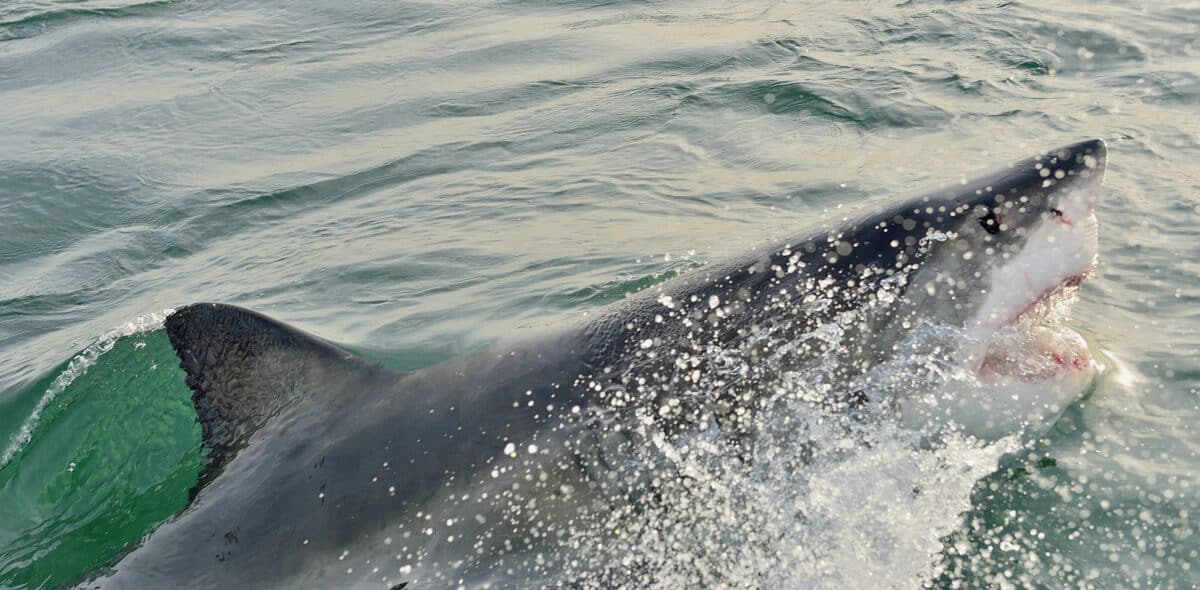
As orcas moved into False Bay, a significant reduction in the population of great white sharks was observed. It is widely accepted that orcas prey on sharks, explicitly targeting their liver, a nutrient-rich organ full of fat. This alarming dietary preference can explain the sharks’ sudden disappearance. The orcas’ arrival and the great white sharks’ subsequent retreat are believed to be interconnected, creating a ripple effect in the marine food chain.
Impact on False Bay’s Marine Ecosystem
This shift in apex predators is not without consequences. The decline of great white sharks, key players in the marine food chain, has led to a surge in the populations of mid-level predators like seals and smaller shark species. This imbalance can greatly impact the ecosystem’s overall health, affecting everything from the kelp forests to the local fisheries.
While the ecosystem tries to adjust to this new normal, the explosion of orca sightings also impacts the region’s tourism industry. False Bay, once a hub for cage-diving with great white sharks, is now a hotspot for whale-watching enthusiasts.
The Silver Lining: An Educational Opportunity
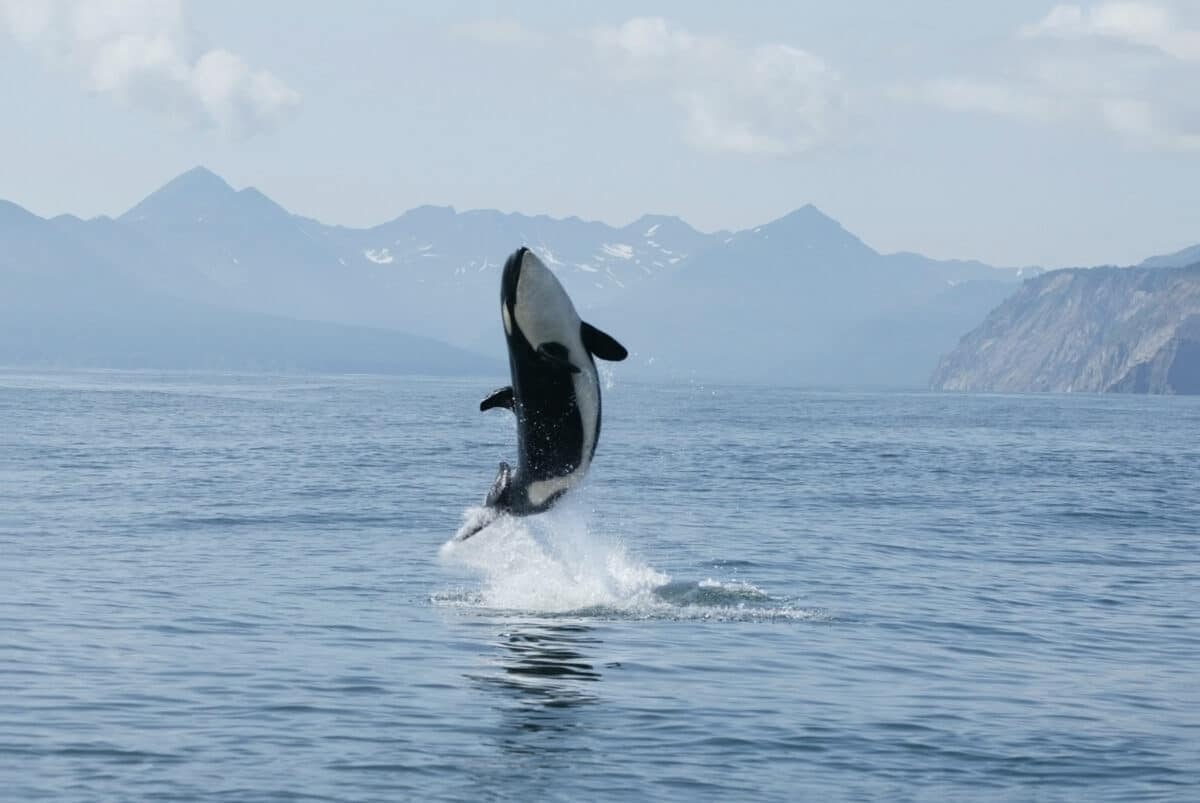
Despite the tumultuous changes, the orcas’ takeover provides a unique opportunity to study these magnificent creatures in their natural habitat. As orcas are less understood than their great white counterparts, the chance to study their hunting habits, social structures, and environmental impacts is invaluable.
Furthermore, the shift in marine life dynamics is a powerful reminder of nature’s resilience and unpredictability. It highlights the need for further research and conservation efforts to maintain the rich biodiversity of our oceans.
The Bottomline
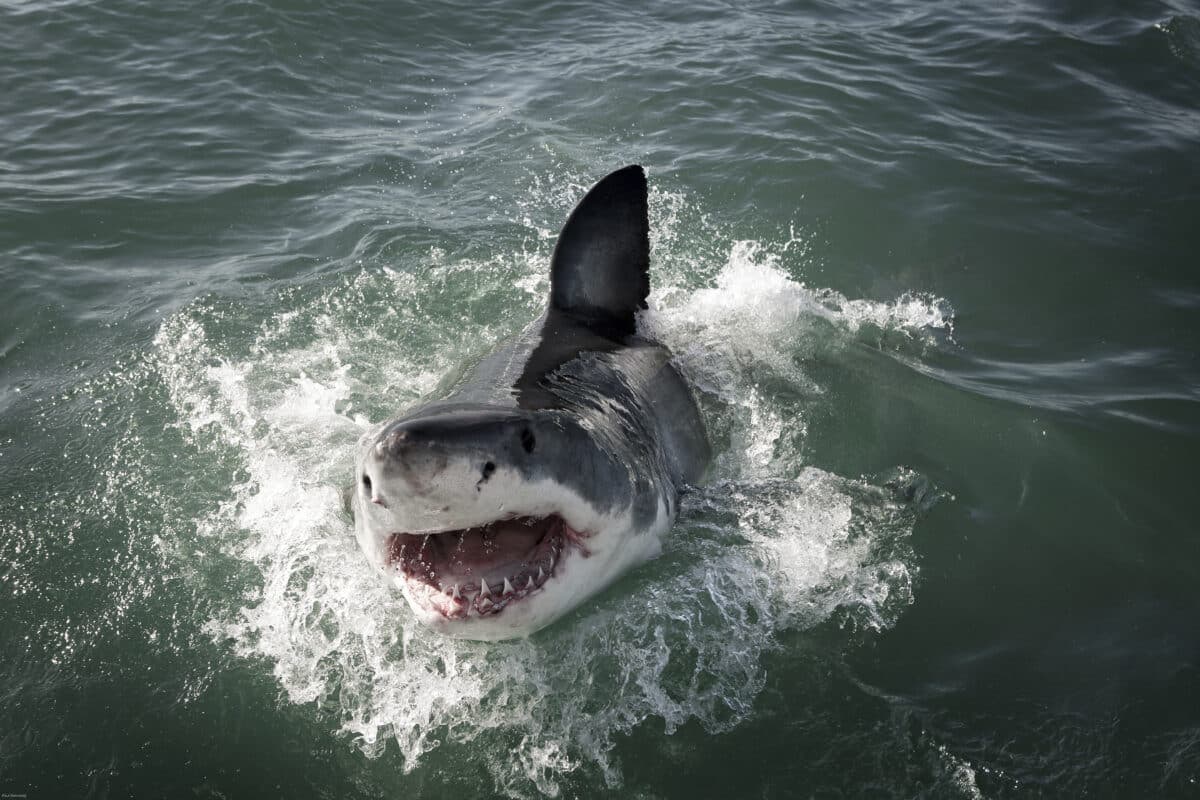
In conclusion, the orcas’ takeover of False Bay, while driving away the great white sharks. Presents a challenging yet fascinating change to the marine ecosystem. The implications of this shift are far-reaching, affecting not only the direct marine life but also the local economy and global conservation efforts. As we continue to watch this drama unfold, one thing is clear: False Bay’s waters offer a stunning display of nature’s ability to adapt and endure.
Thank you for following along with this article!
Next up in the animal world:
- Watch How These Cunning Orcas Outsmart an Unsuspecting Seal
- The Record-Breaking Size of the Largest Orca Whale
- Heroic Dog Wakes Owner to Avert Deadly Bedroom Fire
- Meet Frosty: The Leucistic Orca Calf
- Orca vs Great White Shark
- Brave Beagle Scares Alligator Away from Backyard in Florida - April 26, 2024
- Leopard Catches Domestic Dog – but he Escapes! - April 25, 2024
- Mom and Daughter Takes Hen and Chicks to the Store in Backpacks - April 24, 2024

